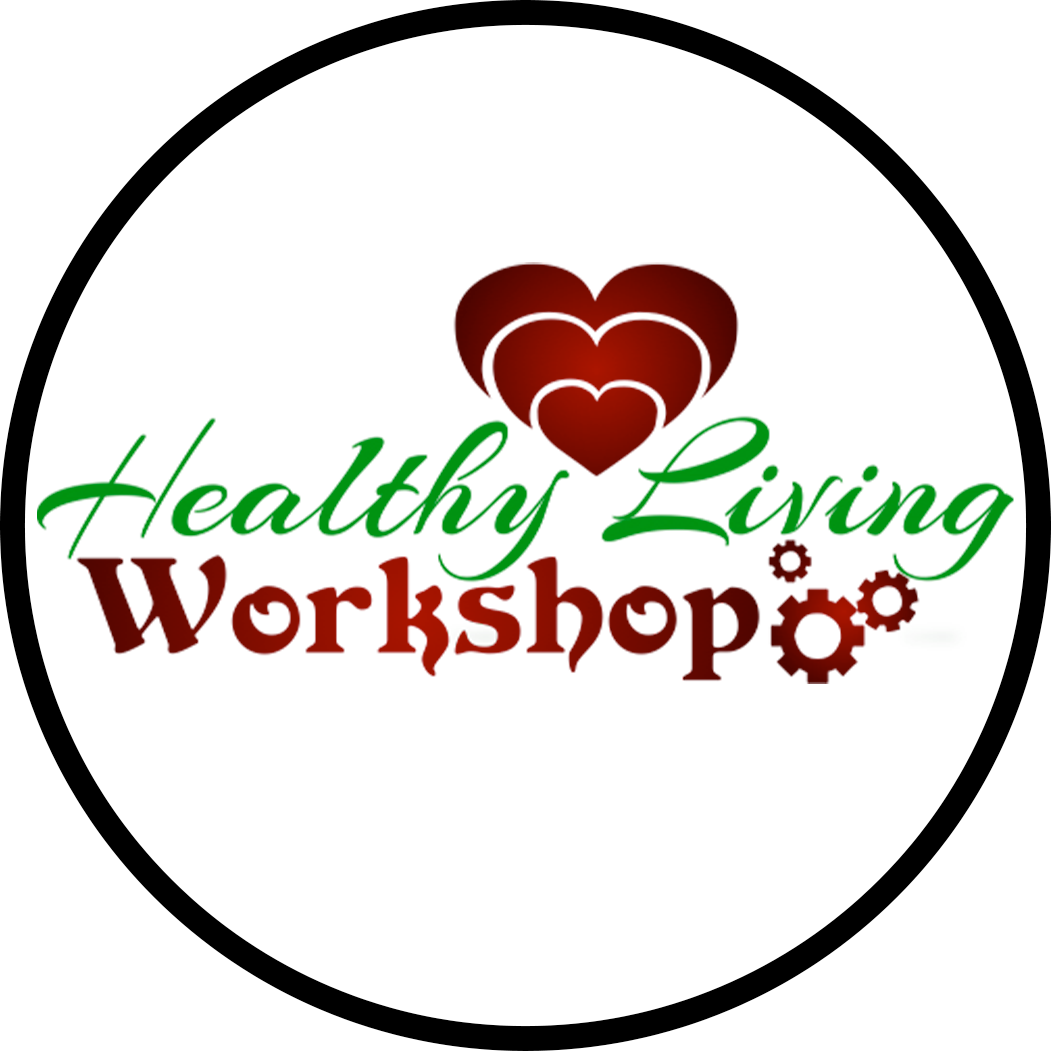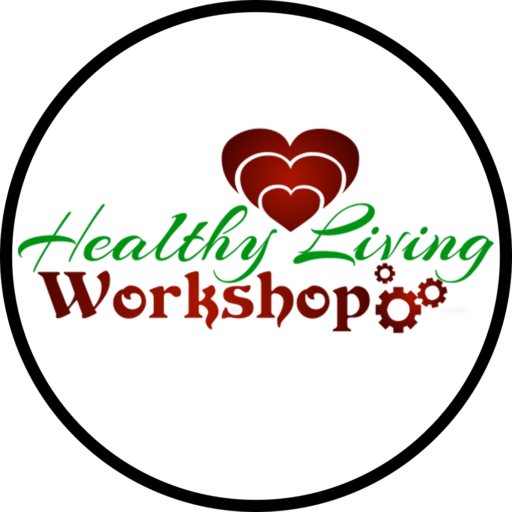For centuries, kitchen ingredients have been utilized as remedies for various health issues and ailments. The efficacy of these ingredients stems from their inherent natural medicinal properties, which have been validated through generations of use. The therapeutic applications of kitchen ingredients are diverse and extensive, ranging from alleviating sore throats with honey and lemon to relieving indigestion with ginger.
Recognizing the potential of these ingredients can empower individuals to revamp their approach to health, adopting a more natural and holistic method. Moreover, kitchen ingredients are often more readily available and affordable than over-the-counter medications, making them a convenient and cost-effective option for health maintenance. By leveraging the power of these natural remedies, individuals can reduce their dependence on synthetic drugs and adopt a more sustainable approach to wellness.
The potential benefits of kitchen ingredients as remedies are vast, encompassing immune system enhancement, pain alleviation, and overall well-being improvement.
Key Takeaways
- Kitchen ingredients have powerful medicinal properties that can be used as natural remedies for various health issues.
- Common kitchen ingredients like ginger, garlic, and turmeric have been used for centuries for their healing properties.
- You can use kitchen ingredients as remedies by incorporating them into your cooking, making teas, or creating homemade remedies like tinctures and salves.
- It’s important to research and understand safety precautions and dosage guidelines when using kitchen ingredients as remedies.
- Integrating kitchen remedies into your wellness routine can provide a natural and holistic approach to maintaining good health.
Common Kitchen Ingredients with Medicinal Properties
Garlic: A Natural Remedy for Colds and Flu
Garlic is a common kitchen ingredient that possesses antibacterial and antiviral properties, making it an effective remedy for colds and flu.
Turmeric, Ginger, and Honey: Anti-Inflammatory and Antimicrobial Properties
Turmeric is a powerful anti-inflammatory and antioxidant, making it a popular choice for relieving joint pain and reducing inflammation. Ginger is another versatile kitchen ingredient with medicinal properties, known for its ability to soothe nausea, aid digestion, and reduce muscle pain. Honey has long been used as a natural remedy for coughs and sore throats due to its soothing and antimicrobial properties.
Apple Cider Vinegar: Aiding in Weight Loss and Promoting Healthy Digestion
Apple cider vinegar is also a popular kitchen ingredient with a wide range of health benefits, including aiding in weight loss, balancing blood sugar levels, and promoting healthy digestion. By incorporating these common kitchen ingredients into your medicine cabinet, you can harness their natural healing powers and take charge of your health in a safe and effective way.
How to Use Kitchen Ingredients as Remedies
There are numerous ways to use kitchen ingredients as remedies, depending on the specific health issue you’re looking to address. For example, garlic can be consumed raw, cooked, or in supplement form to reap its immune-boosting benefits. Turmeric can be added to smoothies, teas, or used as a spice in cooking to take advantage of its anti-inflammatory properties.
Ginger can be brewed into a soothing tea, added to stir-fries, or taken in supplement form to alleviate nausea and aid digestion. Honey can be consumed on its own or added to hot water with lemon to soothe a sore throat and suppress coughs. Apple cider vinegar can be diluted in water and consumed as a tonic or used topically to treat skin conditions such as acne or sunburn.
By understanding the various methods of using kitchen ingredients as remedies, you can tailor your approach to suit your individual needs and preferences. Whether you prefer to consume these ingredients in their natural state or incorporate them into your daily meals, there are countless ways to harness their healing powers.
Creating Your Own Natural Remedies
| Ingredient | Remedy | Benefits |
|---|---|---|
| Garlic | Cold and flu relief | Antibacterial and antiviral properties |
| Ginger | Digestive aid | Reduces nausea and inflammation |
| Honey | Sore throat relief | Antibacterial and soothing properties |
| Turmeric | Anti-inflammatory | Powerful antioxidant |
| Apple Cider Vinegar | Weight loss aid | Improves digestion and blood sugar levels |
One of the greatest benefits of using kitchen ingredients as remedies is the ability to create your own natural remedies at home. This not only allows you to customize the potency and dosage of the remedy but also gives you the satisfaction of taking control of your health in a hands-on way. For example, you can create a homemade cough syrup using honey, lemon, and ginger, or make a soothing turmeric tea by steeping turmeric powder in hot water.
You can also infuse garlic in olive oil to create a potent immune-boosting elixir or mix apple cider vinegar with water and honey to create a refreshing tonic. By experimenting with different combinations and preparations, you can tailor your natural remedies to suit your specific health needs and preferences. This level of customization is often not possible with commercial medications, making homemade remedies a valuable and empowering option for maintaining your health.
Additionally, creating your own natural remedies allows you to avoid the potentially harmful additives and preservatives found in many over-the-counter medications, ensuring that you’re consuming only pure and natural ingredients.
Safety Precautions and Dosage Guidelines
While kitchen ingredients can be powerful remedies for various health issues, it’s important to use them safely and responsibly. Some kitchen ingredients may interact with certain medications or medical conditions, so it’s crucial to consult with a healthcare professional before using them as remedies, especially if you have any underlying health concerns. Additionally, certain kitchen ingredients may have specific dosage guidelines that should be followed to avoid any potential side effects or adverse reactions.
For example, while garlic is generally safe for consumption in moderate amounts, excessive intake may lead to digestive issues or interfere with blood-thinning medications. Similarly, turmeric should be consumed in moderation as high doses may cause stomach upset or interact with certain medications. Ginger is generally safe for most people but should be avoided by individuals with bleeding disorders or those taking blood-thinning medications.
By understanding the safety precautions and dosage guidelines associated with each kitchen ingredient, you can use them as remedies in a responsible and informed manner.
Integrating Kitchen Remedies into Your Wellness Routine
Starting Your Day Off Right
You can start your day with a warm cup of lemon water with honey to kickstart your metabolism and support healthy digestion. Additionally, adding turmeric and ginger to your morning smoothie can provide an extra anti-inflammatory boost.
Incorporating Remedies into Your Daily Routine
Incorporating garlic into your cooking or consuming apple cider vinegar as a daily tonic are easy ways to harness the health benefits of these kitchen ingredients on a regular basis. By making these small but meaningful changes to your daily routine, you can take proactive steps towards maintaining your health in a natural and sustainable way.
A Holistic Approach to Self-Care
Furthermore, integrating kitchen remedies into your wellness routine can help reduce your reliance on synthetic medications and promote a more holistic approach to self-care.
The Future of Kitchen Ingredients in Medicine
As interest in natural and holistic approaches to health continues to grow, the future of kitchen ingredients in medicine looks promising. With an increasing focus on sustainability, accessibility, and affordability in healthcare, kitchen ingredients are poised to play a significant role in shaping the future of medicine. As more research is conducted on the medicinal properties of these ingredients, we can expect to see a greater understanding of their potential benefits and applications in treating various health conditions.
Furthermore, advancements in technology and innovation may lead to the development of new ways to harness the healing powers of kitchen ingredients, such as through concentrated extracts or specialized formulations. This could open up new possibilities for using these natural remedies in more targeted and effective ways. Additionally, as consumer demand for natural remedies continues to rise, we may see an expansion of the market for kitchen ingredient-based products, including supplements, tinctures, and topical treatments.
In conclusion, kitchen ingredients have long been valued for their medicinal properties and have the potential to transform our medicine cabinets in profound ways. By understanding the power of these natural remedies, incorporating them into our wellness routines, and using them responsibly, we can take control of our health in a safe and sustainable manner. As we look towards the future of medicine, it’s clear that kitchen ingredients will continue to play a vital role in shaping the landscape of healthcare and empowering individuals to embrace natural solutions for their well-being.
FAQs
What are kitchen ingredients as remedies?
Kitchen ingredients as remedies refer to using common items found in your kitchen, such as herbs, spices, fruits, and vegetables, to treat common ailments and promote overall health and wellness.
What are some examples of kitchen ingredients used as remedies?
Examples of kitchen ingredients used as remedies include garlic for its antibacterial properties, ginger for its anti-inflammatory effects, honey for its soothing properties, and turmeric for its antioxidant and anti-inflammatory benefits.
Are kitchen ingredients as remedies effective?
Many kitchen ingredients have been used for centuries in traditional medicine practices and have been shown to have various health benefits. However, it’s important to note that while some kitchen ingredients may provide relief for certain ailments, they are not a substitute for professional medical treatment.
How can kitchen ingredients be used as remedies?
Kitchen ingredients can be used as remedies in a variety of ways, including as teas, tinctures, poultices, and topical treatments. They can also be incorporated into recipes for cooking and baking to provide health benefits.
Are there any risks or side effects associated with using kitchen ingredients as remedies?
While many kitchen ingredients are generally safe for consumption and topical use, it’s important to be aware of potential allergies and interactions with certain medications. It’s always best to consult with a healthcare professional before using kitchen ingredients as remedies, especially if you have any underlying health conditions or are taking medications.














